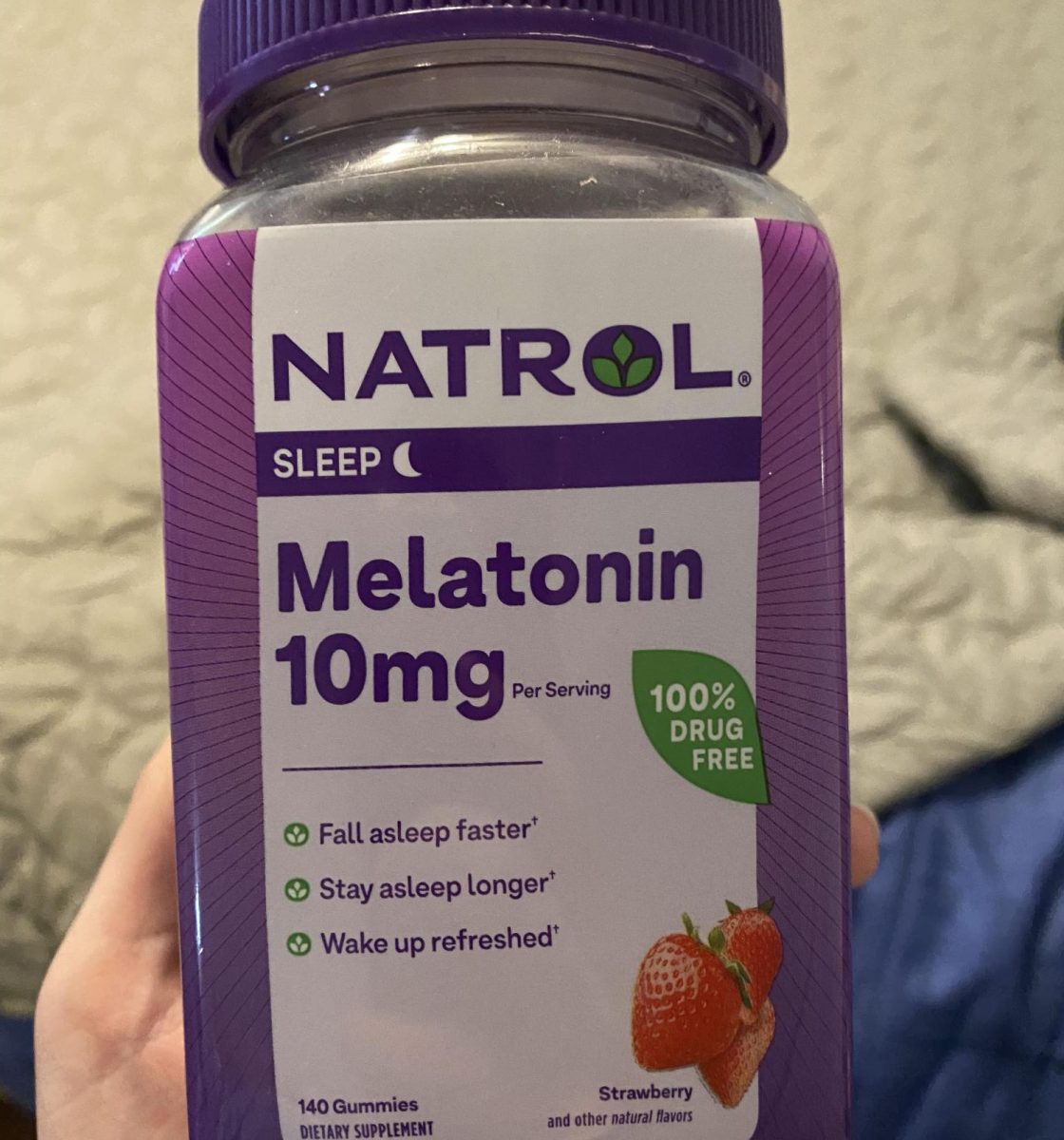
Globally, the evolution of music throughout the years has been magnificent. It has slowly been moving from jukeboxes to downloading music on an Iphone. Whether music was on an iphone or jukebox, it has been around for at least 35,000 years. I believe many of us have a friend who listens to music every second of the day. In my group of friends I thought I was that person, until “Spotify Wrapped 2024” was released. One of my friends had listened to music for 70,000 minutes this year, which was 20,000 more minutes than me. Throughout the past two years music has been a major involvement in my life. This grabbed my attention, making me wonder how music can affect us. Can it affect us deleteriously or beneficially? To my suprise music can affect us in many beneficial ways. Our music can affect our mind, mood, and body. It can help reduce stress to even boost our immune system. It is important to incorporate it into our daily routines for our well being.
Music has a strong impact on both our minds and bodies, with its effects being as fast as lighting. When listening to music, it stimulates different areas of the brain, specifically the limbic system. The system listed controls our emotions. Susan Magsamen, a writer for Time Magazine, stated that when they played Drift Away by Dobie Gray, it triggered a rush of emotions and memories, shifting their mood from sadness to hope. This happens because music promotes the release of dopamine, a chemical in the brain that makes us feel happy and improves our ability to think clearly. The rhythm, melody, and beat of a song can offer comfort, inspiration, and it can even mend. Music also connects us to our emotions and memories in indescribable ways.
Listening to music can unlock and operate brain sections related to memory and feelings. Many may believe that it’s just the song itself, but it’s the whole experience of listening that qualifies. Significant breakthroughs in regions such as brain imaging, has shown scientists that music affects multiple aspects of the brain. Music may improve focus, creativity, and mental health. To my shock, music can even improve physical health. The music lowers stress hormones such as cortisol, which is why it is used in therapies for conditions. These conditions can include postpartum, depression, and dementia. Therefore music plays a crucial role in supporting mental health and emotional well-being.
With different factors, music can affect our mood drastically. One important way is through brainwaves. As we listen to music, our blood flow increases to the limbic system, which is responsible for emotions and memories. This triggers the releases of hormones like dopamine and serotonin, which is similar to how music affects our mind. The release of the dopamine and serotonin can make us feel various emotions and memories, such as happiness, stress, sorrow memories, and furious memories. An example of this is if fast-upbeat music is played, then a rise of energy and motivation can cause a calming effect. This is the same for slower music except instead of motivation we begin to feel calm.
The tempo of music also plays a key role in how we respond. This is why upbeat music with a fast tempo can increase the feeling of energization.On top of that, the lyrics in a song can affect our emotions. According to Trala, “A song with deep lyrics about love or loss can make us feel happy, sad, nostalgic, or contemplative.” The lyrics can bring melancholy from a sad memory or joy from a happy memory, which affects our mood tremendously. Any music in major keys usually brings positive feelings, while minor keys tend to make us feel sad or reflective. Personal associations with music are also powerful. Certain songs can remind us of past experiences or people, bringing us back particular emotions. From rhythm to the environment in which we listen to music to, music can majorly affect our mood.
Magnificently, music brings a remarkable advance in physical health. This advance in physical health is especially shown in older adults. As it is stated in Medford Leas, “By easing challenges in mental health – such as anxiety and depression – music can also help with physical problems like pain, poor sleep, and reduced heart rate, breathing rate, and circulation.” At an old age, the benefit of music in mental health is incredible. Listening to music before surgery can reduce anxiety more effectively than anti-anxiety medications and lower cortisol levels, the hormone related to stress. Music can also help lower blood pressure and boost immune function, making it an effective tool for overall health.
Moreover, music can enhance physical performance. Research has found that fast-paced music can improve endurance during exercise, while slower tunes may promote relaxation after a workout, speeding up a recovery process. Music can even reduce pain, especially in hospital settings like intensive care or palliative care. Another surprising benefit that, I bet many love, is that listening to soft music while eating can help you eat more slowly, leading to fewer calories consumed. Furthermore, music affects blood vessels by influencing the emotions we feel, which can have a positive impact on circulation. Music and movement, like dancing or walking to a rhythm, have also been shown to improve balance and reduce falls in older adults, as seen in a study where participants who moved to music had 54% fewer falls than those who didn’t.
In conclusion, music can benefit humans in many significant ways. These benefits include our mind, mood, and body. The range for specific benefits are insane. These benefits range from less stress to physical recovery. Music has been shown to lower anxiety, increase happiness, and increase endurance. Personally, my favorite benefit is the physical benefits. With this knowledge various advancements can be made to help people all over the world. Music is a powerful tool in ways many couldn’t have imagined. I believe music may be the key to healthier and happier lives. It truly can do wonders.









































